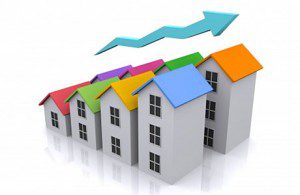SCOTLAND’S home building industry has warned that proposals for the new Land and Buildings Transactions Tax, which is due to replace Stamp Duty in April 2015, risk penalising hard-working families and aspirational movers by detrimentally impacting home buyers purchasing at mid to higher values.
With figures showing that all buyers purchasing homes over £325,000 will be worse off under the new system, Homes for Scotland Chief Executive Philip Hogg said, “Whilst we are naturally keen to see support directed to vitally important first time buyers and those on the lower rungs of the housing ladder, we are concerned that proposals to raise the nil rate band together with the introduction of 10 and 12 per cent bands for homes over £250,000 will prove too punitive on the middle and upper market which generally comprises families with changing needs and aspirational movers.
“It cannot simply be assumed that these households are able to raise the significant additional funds required at the proposed new rates. As such, we are concerned this will result in damaging market stagnation at a time when Scotland already has an acute housing shortage.
“Like all buyers, this customer group is critical to the sustained recovery of a healthy, well-functioning housing market, particularly in areas such as Edinburgh, East Renfrewshire and Aberdeen which face great demand for family housing but where supply is low and house prices higher. These areas are likely to be badly impacted with a reduction in sales anticipated as a consequence.
“It is therefore imperative that the Scottish Government promotes a tax framework which allows movement up and down price levels without any artificial barriers and enables Scotland to remain competitive with the rest of the UK. That is why we are proposing in our submission to the Scottish Parliament Finance Committee that an additional band between £250,000 and £500,000 be introduced. We also believe that the tax rate on land purchases remain capped at 4% given that it is already more expensive to build homes north of the border.”









